A series of announcements this week was greeted as a breakthrough in attempts to restart cruising in an age still coming to terms with coronavirus.
With the world’s fleets riding at anchor and tens of thousands of crew sent home, finding a solution to the “pausing” of cruise is a multi-billion dollar business.
The first announcement featured an unlikely alliance of foes: Royal Caribbean and Norwegian Cruise Line joined forces to create the rather strangely named Healthy Sail Panel – eleven eminent experts, including a former secretary of the US Department Health and Human Services and a former Commissioner of the US Food and Drug Administration. They are due to report in August.
“We compete for the vacationing consumer’s business every day, but we never compete on health and safety standards,” Frank Del Rio, CEO of Norwegian Cruise Lines said.
Well, maybe.
Two days later, MSC Cruises – which has a large number of new ships under construction and is bidding to be a major contender in the American market – announced it had formed its own group of experts.
The Blue Ribbon Group will come up with a new set of protocols designed to meet and exceed guidelines provided by key international and regional regulatory and technical bodies, including the World Health Organisation, the EU Healthy Gateways Joint Action and European Maritime Safety Agency.
They have hired a professor of hygiene and epidemiology in the faculty of medicine and vice president, School of Health Sciences at the University of Thessaly in Greece, a hospital epidemiologist, infectious diseases specialist and head of the Antimicrobial Stewardship Program at the Geneva University Hospitals and a specialist emergency physician with post graduate qualifications in Surgery, International Health and Tropical Medicine, formerly the head of the World Health Organisation (WHO) Emergency Medical Team Initiative programme.
It’s a good time to be an epidemiologist, it seems.
Carnival Cruise Lines, which has an investor’s call tomorrow and is the world’s biggest cruise operation – and thus the most to lose if a solution isn’t found – was strangely absent from the lineup.
When Cruise Passenger asked why, we were sent a press release for The World Travel & Tourism Council and Carnival Corporation Global Science Summit on COVID-19.
Apparently, it’s a virtual scientific summit focused on COVID-19 and the ‘new normal’.
“The WTTC/Carnival Corporation Global Science Summit on COVID-19, is the latest initiative to continue building global understanding concerning COVID’s impact on society, including travel and tourism. The Summit will consider practices from the leading scientists and health experts for mitigating the spread of the virus.”]
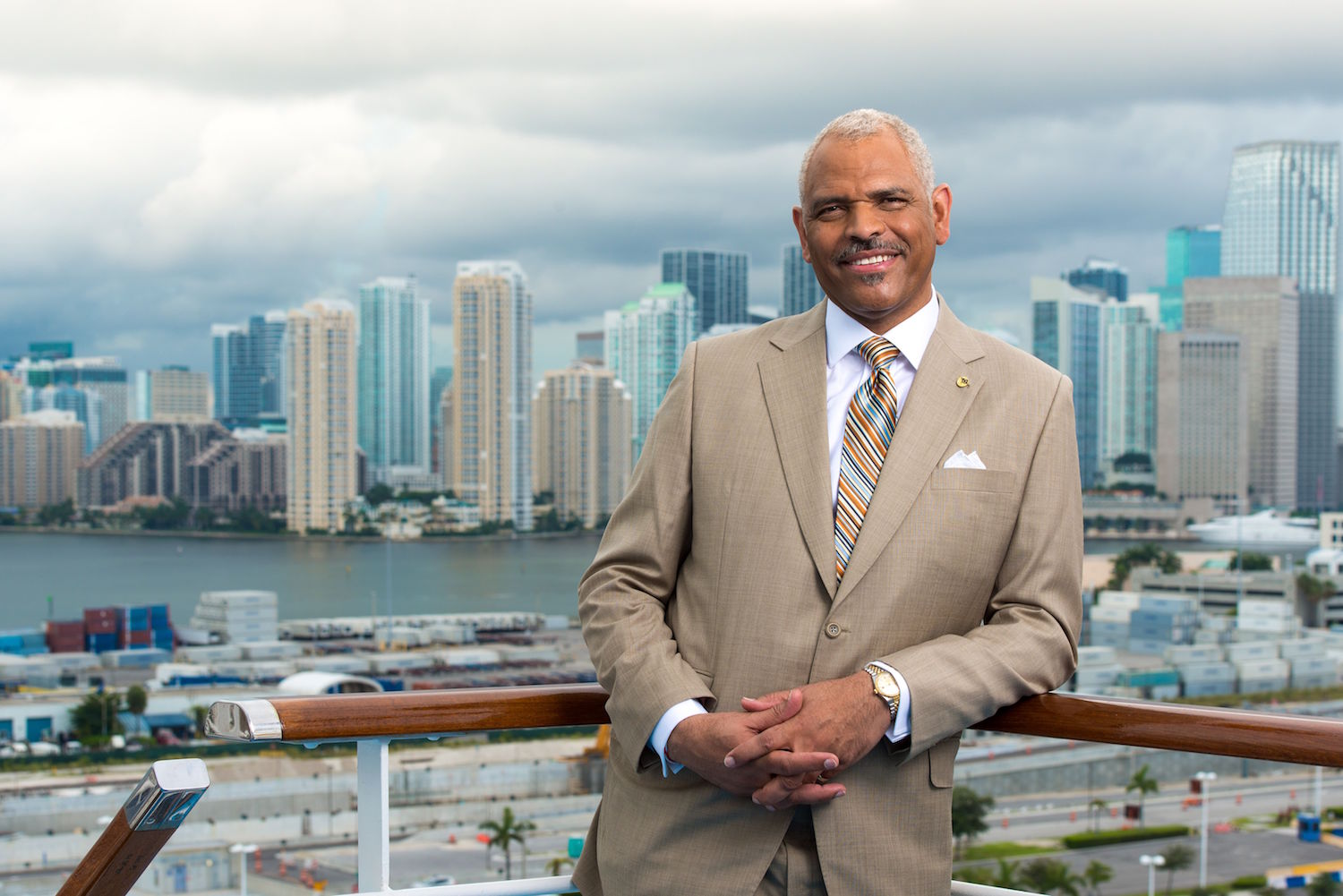 Arnold Donald, President and CEO of Carnival Corporation, is a member of the WTTC Executive Committee and its Vice Chair for North America. Carnival Corporation designed and is producing the Summit in close coordination with WTTC leadership.
Arnold Donald, President and CEO of Carnival Corporation, is a member of the WTTC Executive Committee and its Vice Chair for North America. Carnival Corporation designed and is producing the Summit in close coordination with WTTC leadership.
“Our highest responsibility and top priorities are compliance, protecting the environment and the safety, health and well-being of our guests, our crew members and the people in the communities we visit,” said Donald.
Very impressive.
But he also said that he believed his ships would not sail full. Indeed, he expected half the usual number of passengers. That’s at odds with his fellow cruise line bosses.
When the cruise pause started four months ago, we were told that CLIA would coordinate efforts by the cruise lines and come up with an agreed set of protocols to improve the health and safety of passengers and crew aboard member ships.
It would address the concerns of the travelling public about health on board, ensuring ships can dock when there is a problem on board, that passengers can disembark safely and go home.
We were also told that, once this had been achieved, CLIA managing director Joel Katz and his team would negotiate with each state and territory around Australia to ensure that itineraries would be honoured, ships would be allowed to dock and passenger safety would be ensured.
When Cruise Passenger asked CLIA what happened to this sensible initiative, we were told: “CLIA is working to develop an industry-wide COVID-19 policy for its ocean-going cruise line members, which is being informed by the very detailed work being performed by the ocean-going lines.
“CLIA is actively engaged in this effort in support of our members. Once agreed upon by the members, the policy will be added to our compendium of policies required of all CLIA ocean-going cruise line members.”
Mr Katz added: “These latest initiatives are another important step forward as we develop an industry-wide response to COVID-19 for ocean-going cruise lines worldwide. The work of individual cruise lines is an essential element of this response as operators develop plans that meet the needs of health authorities around the world and uphold the safety of passengers, crew and communities.
“The initiatives announced by several CLIA ocean-going cruise line members are examples of the work underway to engage experts and consider appropriate public health protocols prior to resumption of operations.
“The Maritime Policy team for CLIA is aggregating the work from all ocean-going cruise line members to document in an industrywide policy. This will allow CLIA to establish an industry-wide policy that can become part of the requirements of all CLIA ocean-going cruise lines worldwide.”
All good stuff. Except agreement among the cruise lines and the health authorities on shore still seems a little way off.
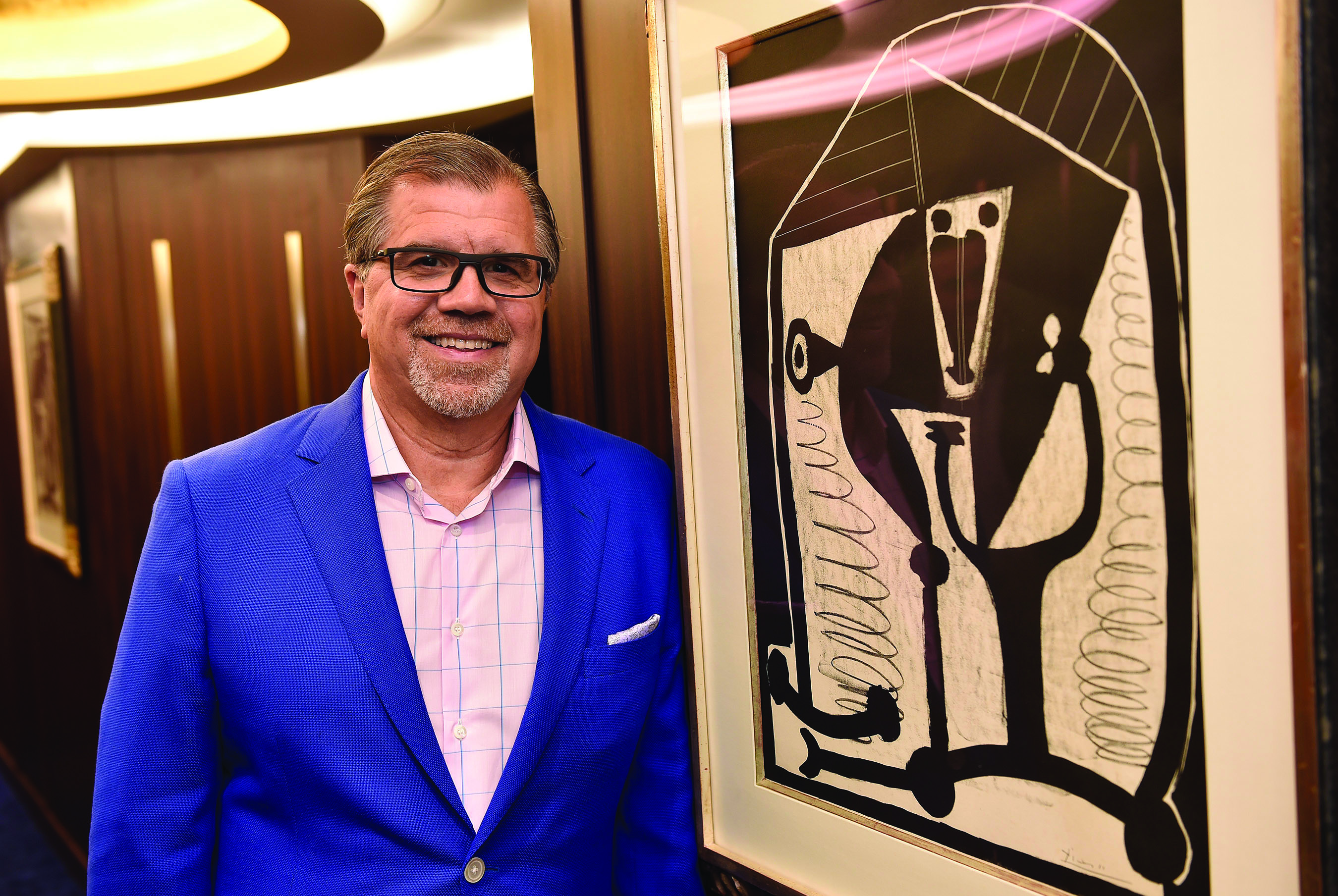 At a joint press conference announcing the initiative between Royal Caribbean and Norwegian, the bosses of both lines seemed at odds with most health regimes about social distancing on board.
At a joint press conference announcing the initiative between Royal Caribbean and Norwegian, the bosses of both lines seemed at odds with most health regimes about social distancing on board.
Frank Del Rio of Norwegian told London’s Financial Times: “One of the hallmarks of the cruise industry is that we always sail with full ships. It’s one one of the basic tenets of our business model.” Lower capacities, he said, would be a “severe blow”to the industry’s financial performance.
Yet the European Community released guidelines last week recommending cruises be cut to between three and seven days, that ships make fewer port stops and that the social distancing norm. of 1.5 metres between guests should apply.
Mr Del Rio said he didn’t think he would be applying the European protocols to his ships in the US. And he felt that Carnival’s no show wasn’t important as they had enough experts to do the job and would be sharing the results.
But he denied claims that cruise ships would never be entirely virus free. “No, I don’t believe that,” he said. “I think done correctly a cruise ship — because it is a controlled environment — can be among the safest places on Earth.”
The problem for the industry is that few believe it. And a disunited front won’t help.
To compound the industry’s problems, the British Foreign Office issued a statement on the eve of the reopening of the travel industry there saying it was discouraging cruise holidays. Britain is in the top five cruise markets around the world.
“The Foreign & Commonwealth Office advises against cruise ship travel at this time. This is due to the ongoing pandemic and is based on medical advice from Public Health England, ” it said in a statement.
“The government will continue to review its cruise ship travel advice based on the latest medical advice. If you have future cruise travel plans, you should speak to your travel operator, or the travel company you booked with, for further advice.”
The most important body affecting the huge US cruise market, the Centers for Disease Control and Prevention, which implemented a cruise ban in March, is due to reconsider its position later this month.
So far, there is little sign that it has even begun to consider cruise ship safety – possibly because the industry has yet to present a united, thorough position.
US Trade newsletter Travel Weekly interviewed CLIA global CEO Kelly Craighead recently, and she hinted at a less than collegiate relationship with the CDC.
“Some of the challenges in the U.S. are different from the challenges we’re having [elsewhere],” she said. “In Europe in particular, the industry is welcome to participate in dialogue about thoughtful resumption protocols.
“In the U.S., with the CDC, we’re having some challenges with having that kind of engagement and dialogue with them.”
The CDC’s no sail order is due to expire on July 24th. There is little, at this stage at least, to suggest it will be lifted.
Viking’s leadership has shown great foresight during the COVID crisis, halting cruises early and introducing one of the best cancellation policies which has weathered the months while others have had to change.
This week, Viking cancelled cruises through September. We suspect they won’t be alone.

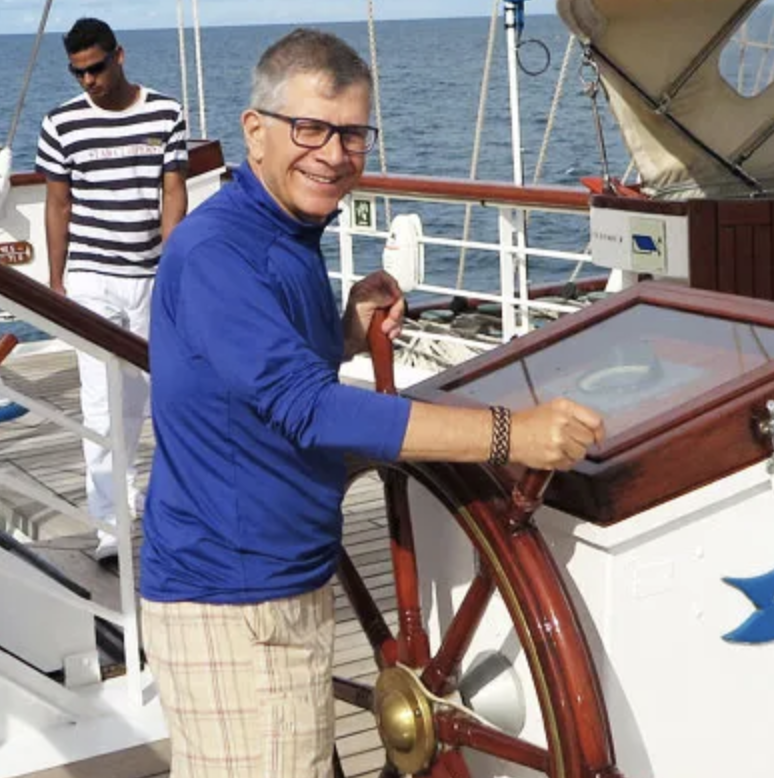


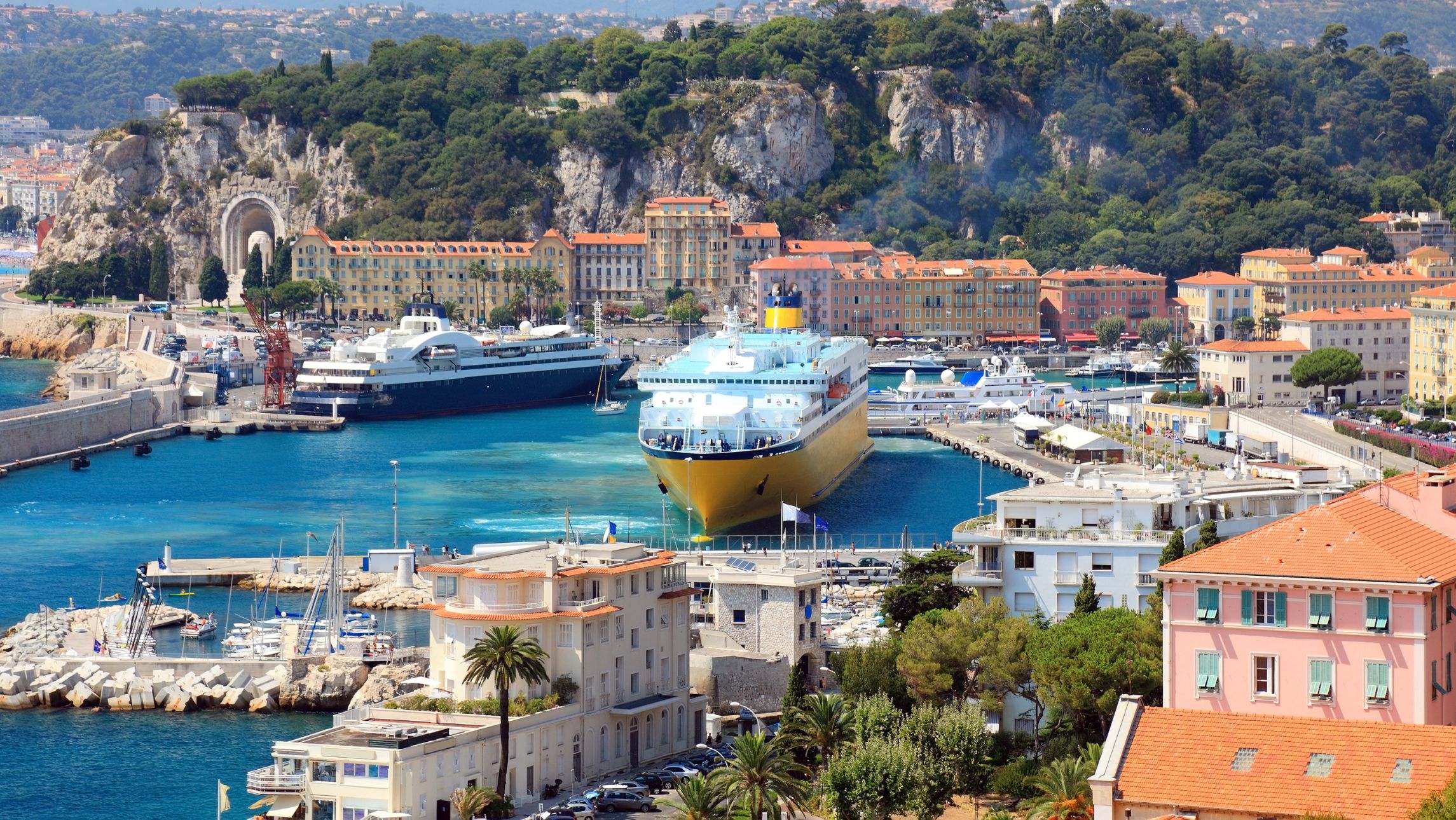
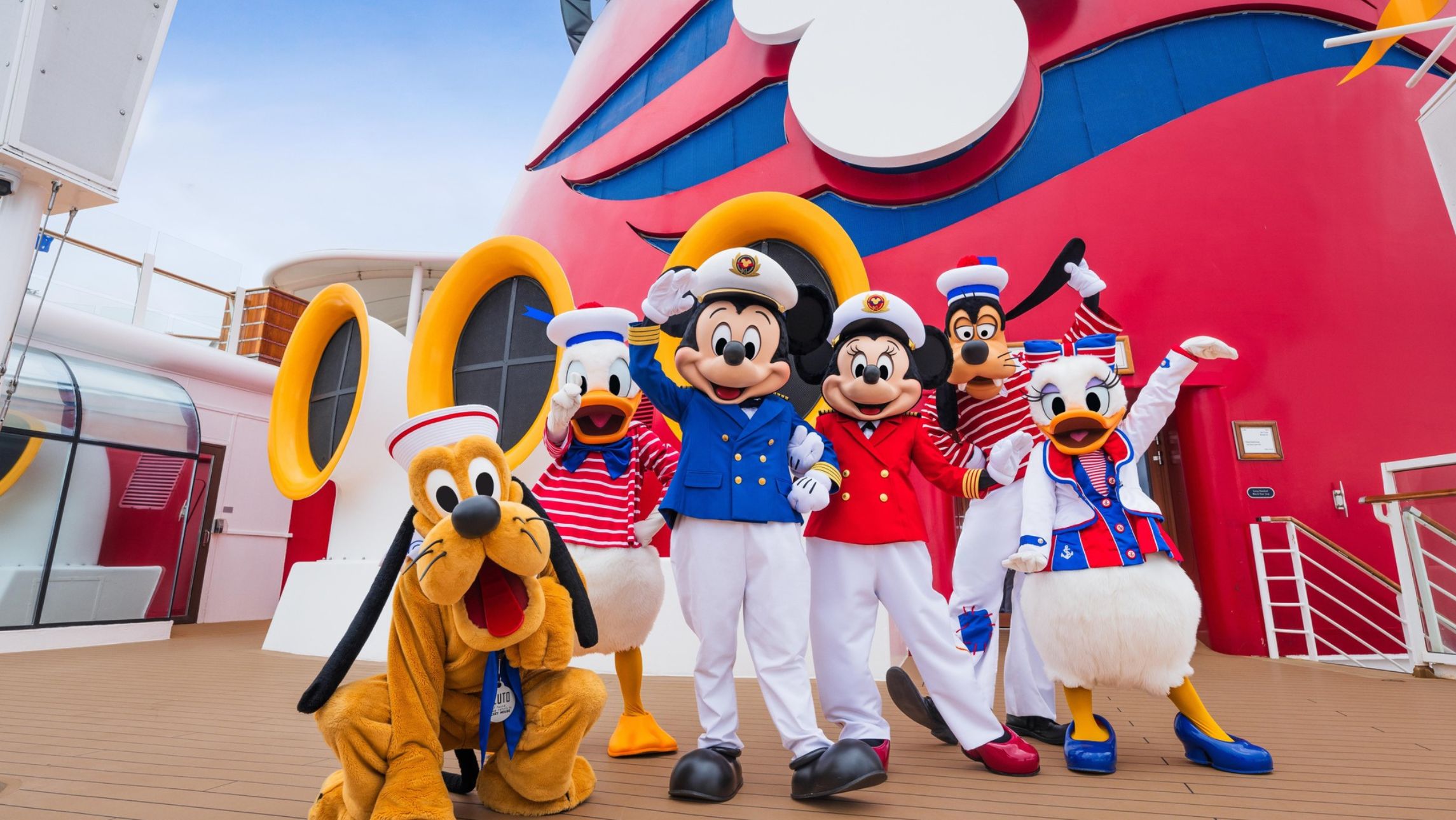




Sorry everyone. Can’t be done. There is no safe way to sail on a Cruise Line under any suspicion of Covid-19 exposure. The very nature of a Cruise ship defies any attempts to come up with a safe environment for passengers. Overcrowded lifts, narrow hallways servicing multiple cabin doors ether side of each other, crowded swimming pool areas and bars, etc. To my experience, not even with a 30% capacity could you guarrantee that there will not be over crowding at any venue. And there are multiple examples on all ships we have been on where social distancing would simply be impossible. For Cruise Lines to try and comply with any form of maintaining a responsible and safe space for passengers would simply not be a workable nor financial reality. And there is no way I can see that the “cruising expereience” can be presented under these terrible times we are all going through with Covid-19. Bless all and stay safe – masks and social distance.
Can anyone tell why cruise lines continue to advertise cruises for sale in 2020 when the likely hood of any cruising happening in 2020 is extremely unlikely ?
Surely some required activities on ship can be done on the internet PRIOR to boarding.
For example
Emergency drill could be via emailed video with a log in and confirmation prior to boarding, as well as in-states room option. Quiz could be part of the confirmation.
Provision of much more seating, in real deck chairs, rather than sun beds.
Complimentary Room service extended.
Bar orders via onboard app rather than at the bar.
Lifts. Well no idea how to fix that.
Coffee pot in statesroom to reduce queues for coffee
Close laundry and offer low cost pick up laundry.